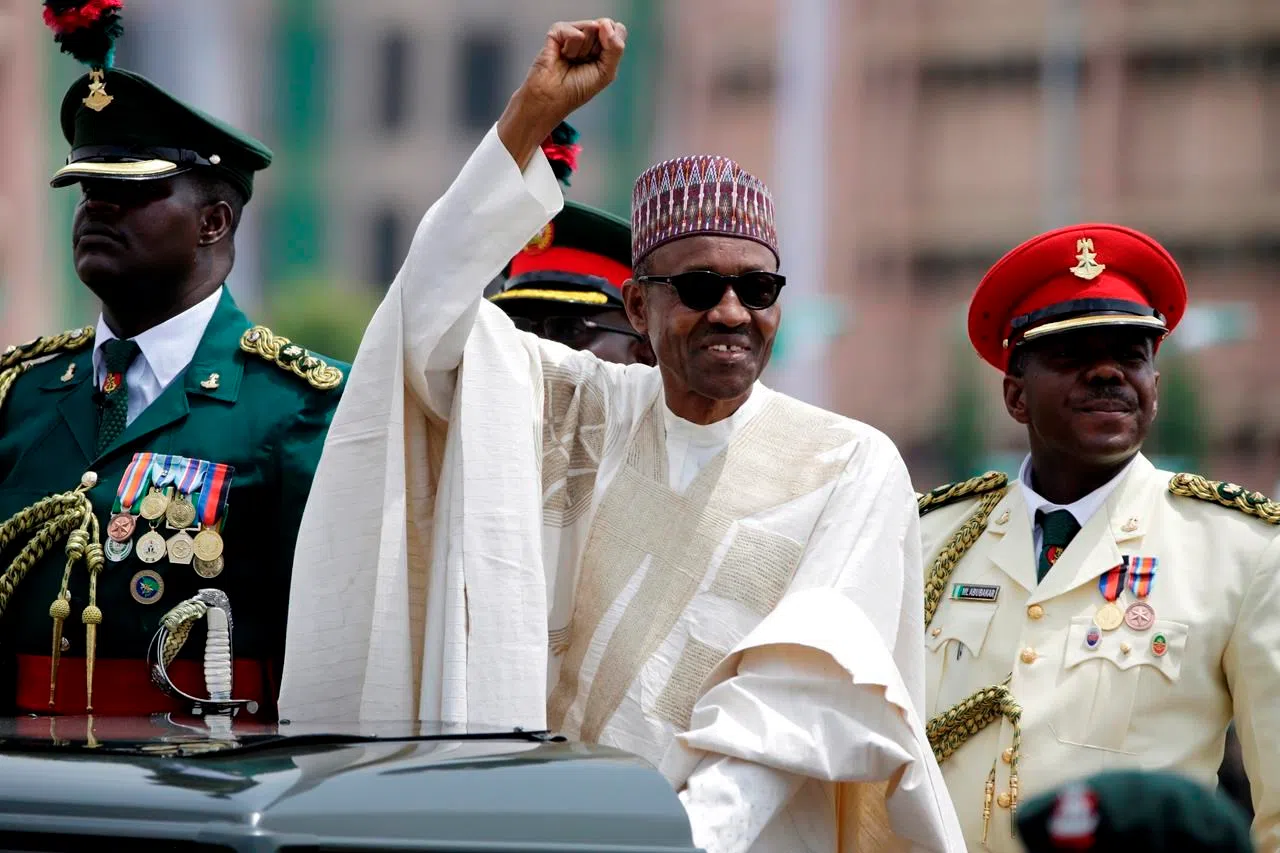
No deal in talks to persuade Gambian leader to step down
DAKAR, Senegal — No deal was reached Friday in last-ditch attempts by a regional mediation team to persuade Gambia’s longtime leader to step down, and while mediation will continue, the inauguration next week of the elected opposition coalition leader will go forward, the spokesman for coalition said.
“This crisis has not been solved by these talks,” said spokesman Halifa Sallah, adding that more efforts are needed to narrow differences.
Sallah spoke after Nigeria’s president led talks Friday with Gambia’s President Yahya Jammeh and President-elect Adama Barrow in Gambia as part of mediation efforts led by the West African regional bloc ECOWAS.
“The expectation is that the Gambian people and the international community will not sit and wait and preside over a country that is destroyed by war — destroyed in terms of property, destroyed by human beings and human beings suffering,” Sallah said, stressing that Gambia’s constitution clearly spells out what is to happen on the day a president’s term expires. “The person declared elected should take and assume office.”



